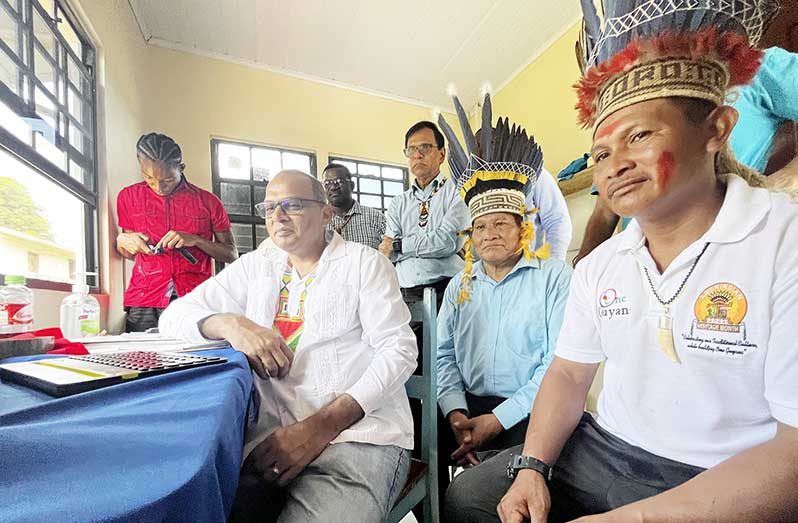WITH notable progress achieved in Guyana’s healthcare sector to ensure equitable access to healthcare across all regions, including hinterland communities, the country’s telemedicine system is being widely regarded as a model for other nations.
This was highlighted in a recent Observer article penned by Arick Wierson, which pointed out how innovative solutions are revolutionising medicine in remote communities in Guyana.
The article highlighted the government’s commendable dedication to allocating a substantial portion of oil revenues towards crucial initiatives, such as enhancing healthcare services in remote regions.
According to Health Minister, Dr Frank Anthony, the solution to the complex challenge of this healthcare delivery system would require an unconventional approach to be heavily reliant on technology.
He told the Observer, “We needed a partner that wasn’t afraid to think out of the box – sometimes way out of the box. There wasn’t a playbook for how to do this just lying around somewhere. A lot of what we were going to do had never been done before – at least certainly not against a backdrop like Guyana’s hinterland.”
The Ministry has been working with a California, United States-based company, 19Labs which specialises in solving remote healthcare.
Founder of 19Labs, Ram Fish told the Observer that the company has worked in remote locations in many other countries but nothing prepared them for what they were walking into in Guyana.
As part of building the modern system, the basic infrastructure for power and connectivity and many challenges had to be overcome to move to that place, the article explained.
The team designed a networked telemedicine platform which connects doctors, nurses, specialists, and other healthcare personnel from remote villages in the hinterland to other places in the country.
The strides made in the technology to achieve the goals here, the team at 19Labs said, is not necessarily groundbreaking. However, in the United States, technologies would never see the light of day and would be stifled by bureaucratic obstacles.
Fish said, “But in a place like Guyana, the need is so great that when we need to push through bureaucratic obstacles, we generally get very little resistance. Everyone understands that the mission is saving lives and improving quality of life.”
These moves have set Guyana apart as one country leading the way in telemedicine and healthcare coverage in remote areas




.jpg)








